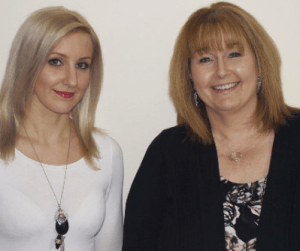Women first
L isa Goodall and Caryn Smith tell DDN how the North Ayrshire Council Addiction Services (NACAS) changed parts of their service to support women
isa Goodall and Caryn Smith tell DDN how the North Ayrshire Council Addiction Services (NACAS) changed parts of their service to support women
It is widely acknowledged that men and women have different routes in and out of addictive behaviours, with more men accessing treatment services. Generally, women do well in treatment but they present later. So if we were going to design a women’s group-work programme, what should it look like?
Research suggested that gender-specific group work should focus on empowerment and promoting healthy relationships, helping women make more effective use of treatment.
Women have unique problems, such as experiencing higher levels of stigma and lower levels of self-esteem. In light of this, the design of the Women in North Ayrshire (WINAs) group had to ensure a safe and non-judgemental environment in which women could improve their confidence.
Mindful of the potential barriers between facilitators and group members, staff don’t wear their name badges and sit among the group members. Sessions are both practical and creative, and include specific sessions on accessing support for moving forward into employment and education.
One of the ways in which we tackled attrition rates was by asking the women to help design the course, encouraging them to feel they had invested in th e programme. Listening to our service users improves the rate of access, and the women now have both greater access to the service and better representation of their views.
e programme. Listening to our service users improves the rate of access, and the women now have both greater access to the service and better representation of their views.
The WINAs group is designed as a rolling programme, eliminating the need for a waiting list. Sensitivity is given to child-care requirements, and the group is run within school hours.
It has given an alternative path out of addiction and a core group of women have now undertaken peer research to examine the ‘barriers to treatment’ for women in North-Ayrshire.
Lisa Goodall and Caryn Smith are addiction workers at NACAS

